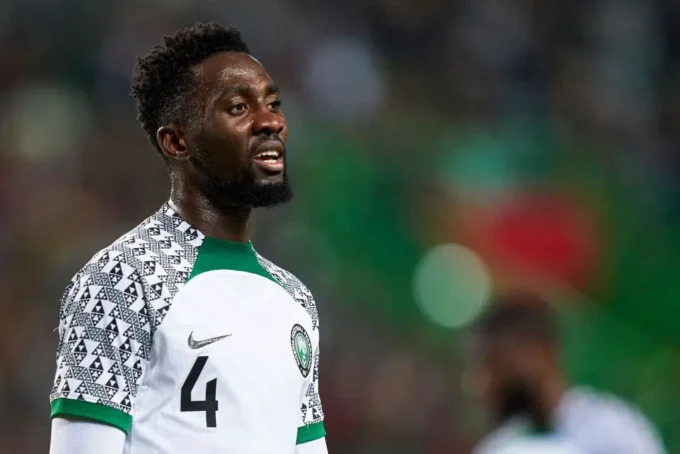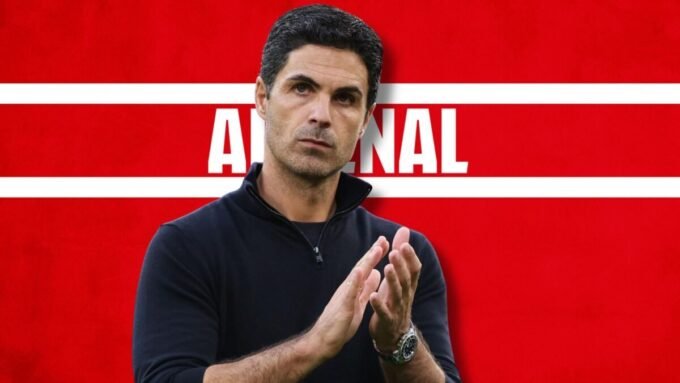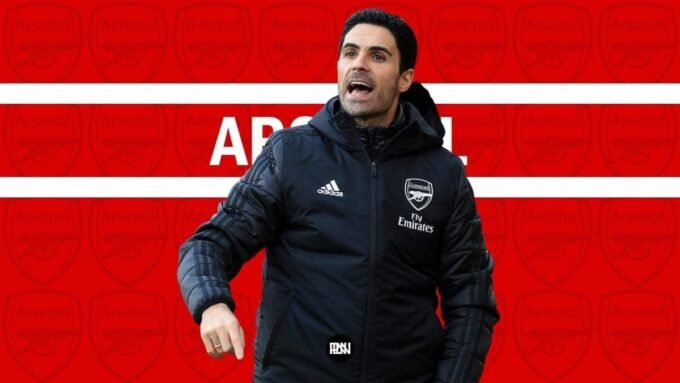Sunderland are quietly weighing up the idea of bringing Marc Guiu back to the Stadium of Light, but this isn’t a straightforward “yes” from their side. The striker’s first spell at the club was brief — ended early when Chelsea pulled him back — and that casts a long shadow over any new arrangement. Clubs remember what happened. They also worry about repeating mistakes.
Why Sunderland aren’t rushing in
When Chelsea recalled Guiu mid-loan, Sunderland were left short-handed and, frankly, a bit annoyed. That recall wasn’t just inconvenient; it underlined a problem with taking players from big clubs: availability can change overnight, based on the parent club’s injuries or unexpected needs. So Sunderland’s hesitancy is not just about Guiu as a player — it’s about the reliability of the deal.
They want assurances. Who can blame them? If you’re planning your season, investing coaching time, and arranging minutes for a player, you don’t want to be disrupted when the loan is supposed to run for the long haul. Sunderland are reportedly searching for alternative targets in the transfer market at the same time. That tells you they’re keeping options open, which is sensible. They want someone who will be there when they need him.
Also read: Why Adam Wharton’s Next Move Could Redraw the Midfield Map
Guiu’s standing back at Chelsea
At Chelsea, Guiu is still seen as a prospect. He’s young, he’s got promise, and the club clearly value his potential. But potential and playing time are two different things. Chelsea’s forward line is crowded, and with some key players returning from injury, Guiu’s path to regular minutes is squeezed. That’s the typical dilemma for academy graduates at elite clubs: the club trusts the player’s talent, yet immediate chances are limited.
From Guiu’s perspective — if I were to guess — consistent matches are what he needs. Training with world-class players is useful, sure; coaching at Stamford Bridge is top notch; but real growth for a striker often comes from full 90-minute experiences in competitive matches. A loan, ideally one where he is relied on rather than recalled, could be exactly what he needs. Whether Sunderland can offer that reliably remains the question.
Where a return could help — and where it might not
There are concrete upsides to a second spell at Sunderland. He’s already had some Championship minutes and even scored once. That familiarity with the club, the city, the staff, can shorten the settling-in period. The Championship is a tough place to develop: physical, fast, and demanding; success there can harden a young striker into a proper professional. Guiu could use that.
Still, the memory of the recall hangs over everything. Sunderland will want guarantees: playtime clauses, assurances about the length of the loan, maybe compensation if Chelsea pull him back again. And Chelsea might be reluctant to sign away that kind of commitment. After all, they want the freedom to bring their player back if circumstances change. So you see the tension. Both clubs have reasonable positions. The stickiness is in the middle.
Also read: New heading: Marcus Rashford’s Next Step — Could Barcelona Make the Move Permanent?
FIFA rules and the practicalities
An important practical detail is that FIFA only allows a player to appear for two clubs in the same season. That keeps the option feasible — Guiu could still play for Sunderland again without breaking any rules. But rules aside, the choice still comes down to trust and development. Sunderland will compare him to other targets — perhaps players who would commit longer, or who aren’t dependent on another club’s decisions.
There’s also the human side: Guiu’s own preferences. Does he want to fight for his place in Chelsea, perhaps impressing in training and earning sporadic first-team minutes? Or is he keen to get regular matches elsewhere, even if that means stepping away from his parent club’s immediate environment? Young players often have mixed feelings. They see both the prestige and the challenge of staying at an elite team, and they also want to play. I suspect Guiu feels the same tug-of-war.
What this says about the loan system
This story is a small snapshot of a bigger issue. Loans are meant to be developmental, and often they are. But when loans are terminated early because the parent club needs someone back — legitimately, sometimes because of injuries — it can disrupt the borrower’s season. Clubs like Sunderland naturally grow cautious about loaning players from the very biggest teams unless there are clear protections in place.
That doesn’t make Chelsea or similar clubs villainous. They’re trying to manage squads and protect their assets. But for clubs relying on those loans, the risk is real. In this case, Sunderland’s approach — look around, evaluate other options, demand assurance — is sensible football management. Maybe a bit clinical, maybe a little cautious, but logical.
Also read: From Loan Moves to the Big Stage — Morgan Rogers’ Fast, Sometimes Messy Rise
A realistic next step
If negotiations move forward, I’d expect Sunderland to ask for specific guarantees: a minimum number of match-day inclusions, a fixed loan duration with strict recall conditions, maybe even a pay-sharing agreement that makes the loan worth the risk. Chelsea might accept some of that, especially if they see the benefit of giving Guiu minutes and returning with a more mature player next season. Or they might prefer to keep their options open. Either way, this transfer window will be telling.
To me, the most honest outcome would be one that puts the player’s development first. If Guiu is guaranteed football and Sunderland can offer stability, then a reunion makes a lot of sense. If not, both clubs — and Guiu himself — might be better served by a different path.






































Leave a comment